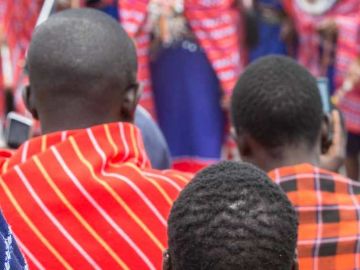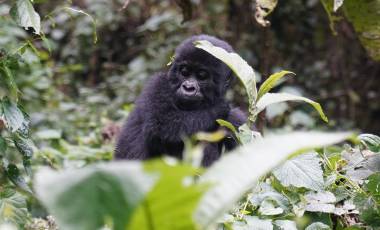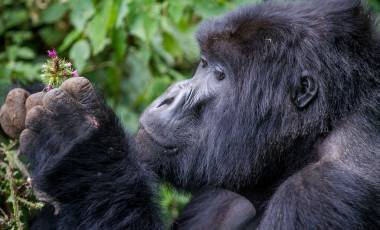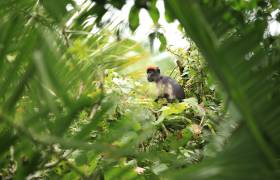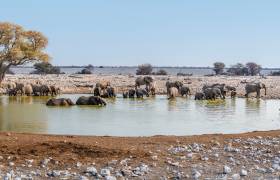Read time – 2 minutes
In August 2015, on a sweltering afternoon in the Mara, Exodus guide Paul Goldstein and a handful of travellers set off to visit a small Maasai village called Talek, where S.A.F.E Kenya were performing.
 S.A.F.E Kenya performers
S.A.F.E Kenya performers
S.A.F.E Kenya Peace Programme
This was no ordinary performance. Despite the colour, the songs and the dancing, the theme was more serious – the practice of FGC, or Female Genital Cutting. 90% of Maasai women are cut, which involves removing the clitoris, the labia minora and part or all of the labia majora.
This serves no medical purpose, and creates many problems, from severe psychological trauma to lifelong scarring that makes sex painful, complications in childbirth for both mother and baby, increased risks of infection and vaginal prolapse.
Some girls even die whilst the procedure is carried out. Yet almost all women refuse to abandon the practice. Why? This important rite of passage is crucial for a woman to be able to take her place in Maasai culture, and despite its horrific side effects, is genuinely believed to be in the best interests of the girls.
For many, not having this immensely painful procedure done results in being ostracised from their families, makes it almost impossible to find a husband, and means exclusion from the traditional way of life.
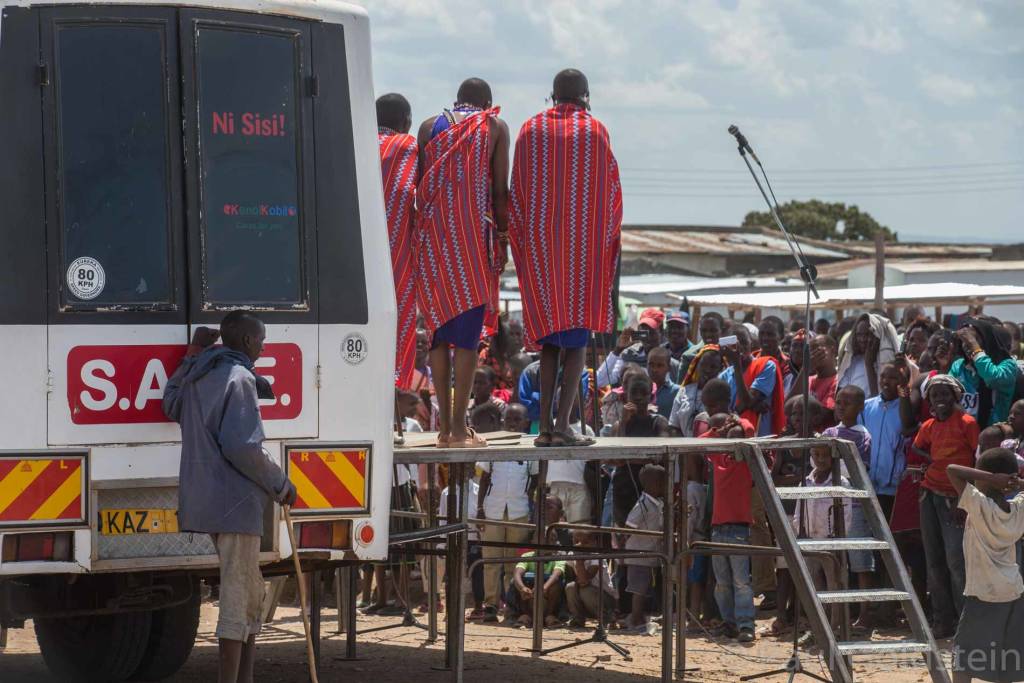 S.A.F.E team
S.A.F.E team
So imagine the challenge for the S.A.F.E team, led exclusively by Maasai people, to try to change this attitude whilst being inclusive and respectful of the Maasai culture.
Through performance, debate and conversation, they are slowly gaining momentum, and steadily creating an impact. Exodus continues to raise funds and awareness to help the S.A.F.E campaign, the final goal of which is to see FGC abandonment throughout the Mara.
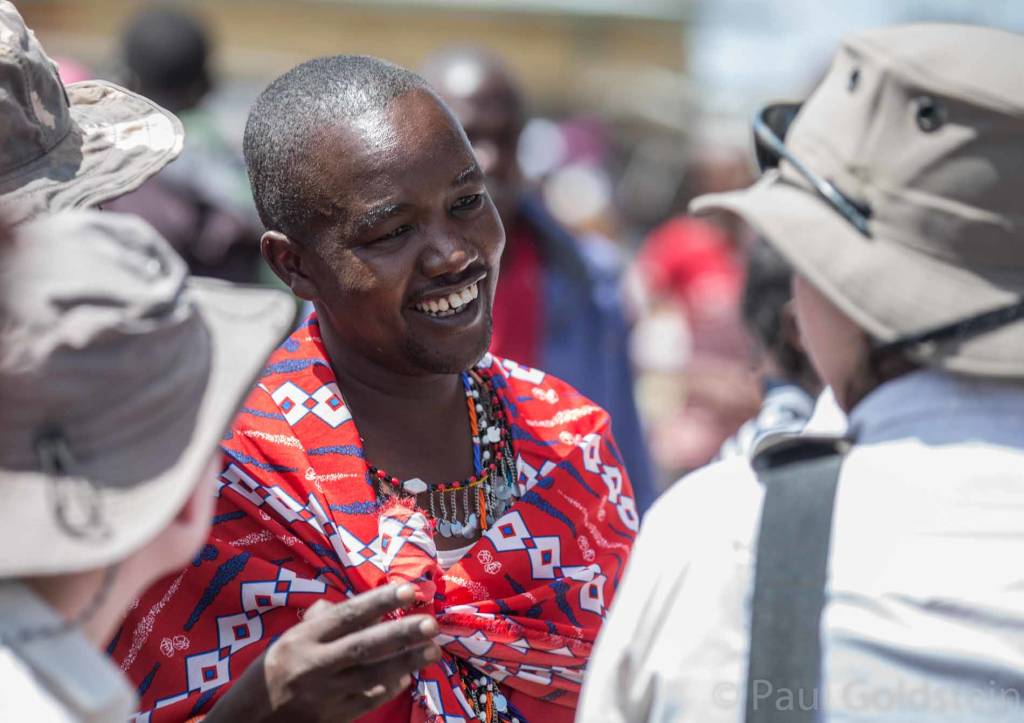 Meeting the Masai people
Meeting the Masai people
Here is what one customer, Katy Ingelby, had to say about the performance, which was given in Maasai language and translated to English by some of the S.A.F.E team:
“Waiting for the S.A.F.E. outreach performance to begin in the village of Talek in the Maasai Mara, I felt humbled at the thought that 90 per cent of the women in the audience around me would have been victims of female genital cutting (FGC).
With the tradition so ingrained in Maasai culture, the scale of the challenge confronting the S.A.F.E. team is immense. How would local communities react to S.A.F.E.’s FGC abandonment programme? I needn’t have worried.
As the crowd swelled, I was impressed to watch how the performance unfolded, respecting cultural sensitivities while underscoring the need for communities to confront and discuss the problems inherent in the practice.
Through traditional music, the performance seeks to change hearts and minds, taking the audience with them as they tackle each argument in favour of FGC one by one. I watched mesmerised as audience members took photographs and filmed the performance on their mobile phones, and hours later the rhythms were still going around my head.
The project has shown early success in a number of areas and, although there is still a very long way to go to eradicate the practice for good, I felt honoured and moved beyond words to have been witness to this ground-breaking work.”
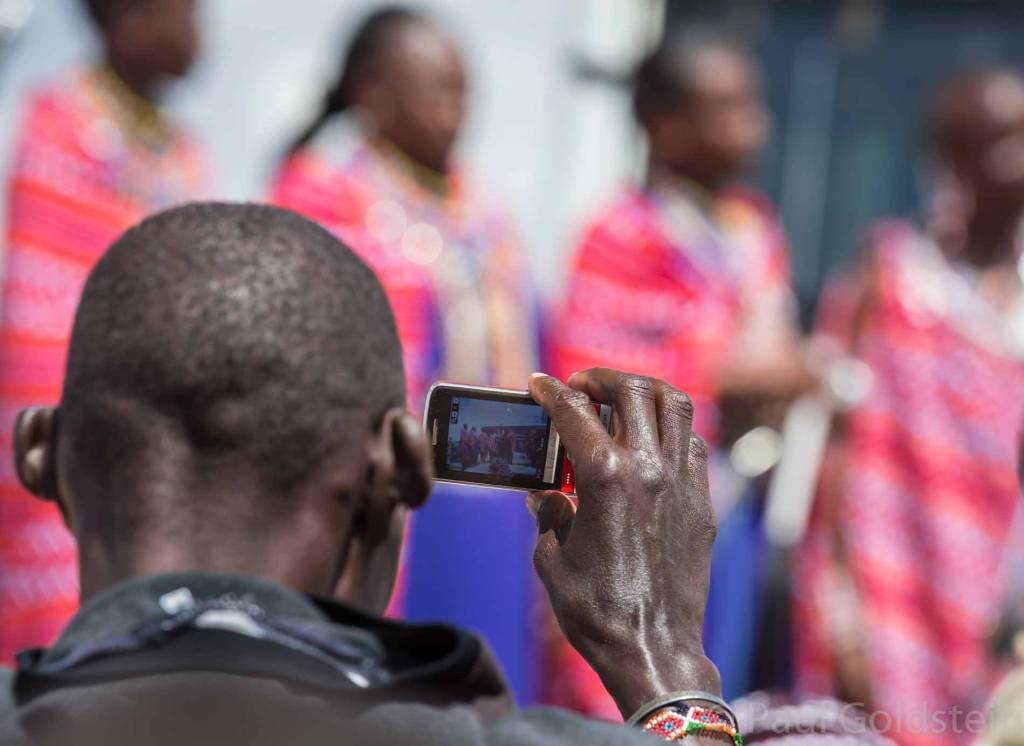 Filming the performance
Filming the performance
Guide Paul Goldstein, who is a huge advocate of the project, commented simply: “On the drive over, all the clients were very chipper having had a momentous game drive that morning. 90 mins later I drove them back, there was not a peep for the whole journey; that really says it all.”
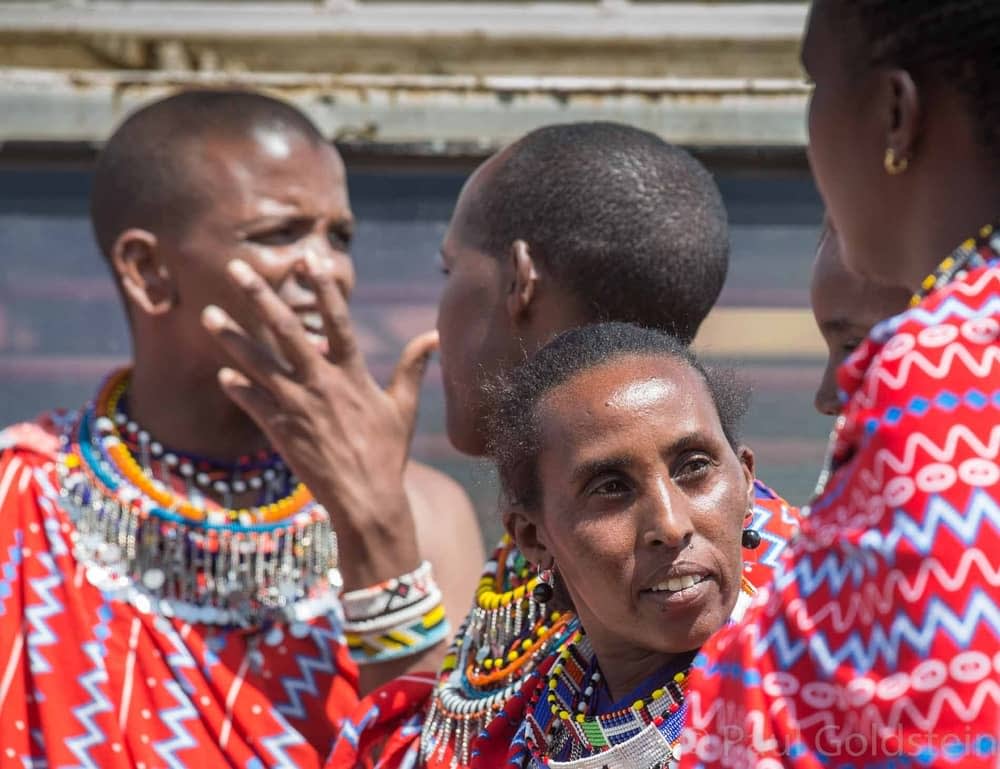 Masai people
Masai people
Browse our trips to Kenya and experience this incredible country for yourself.
